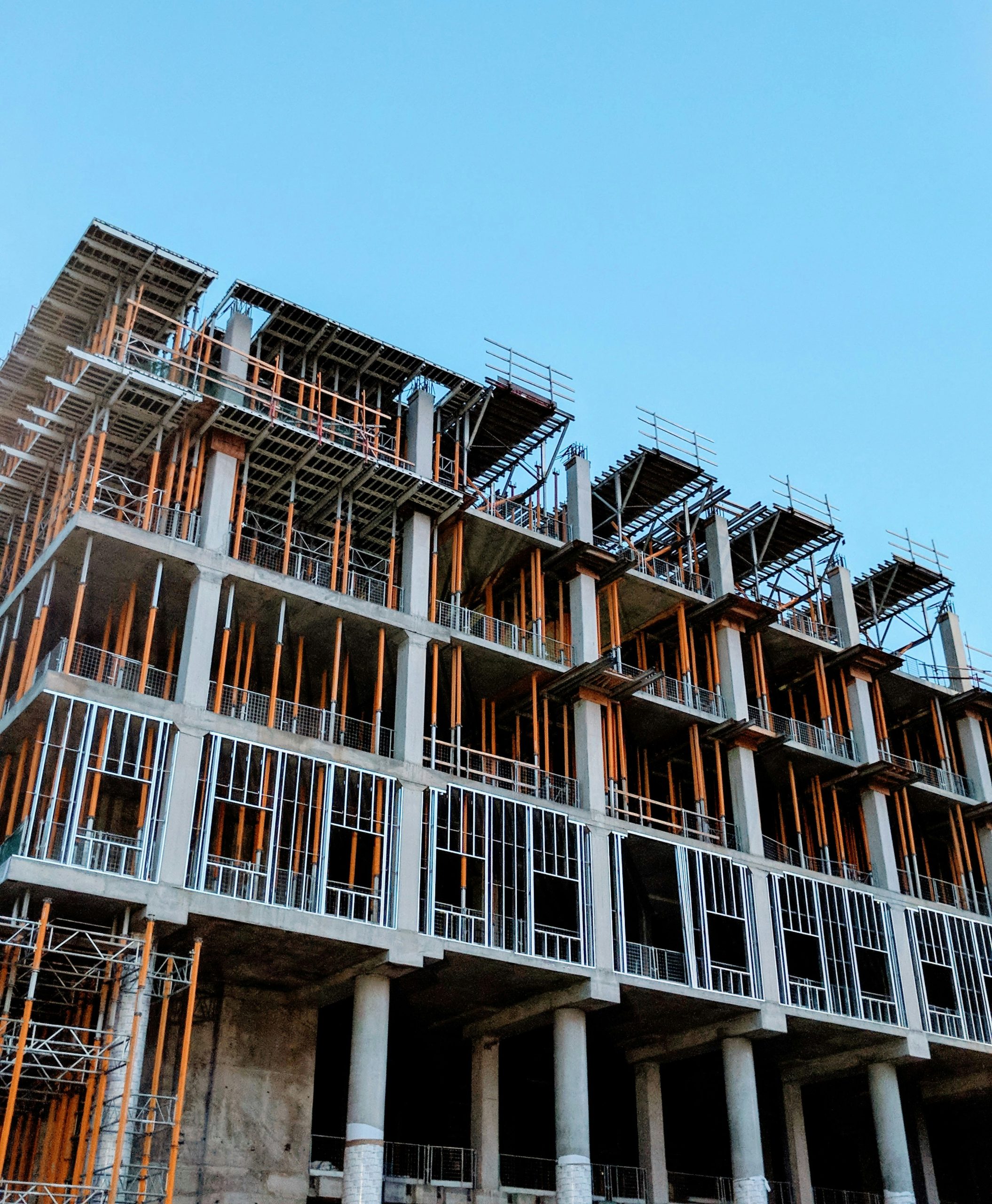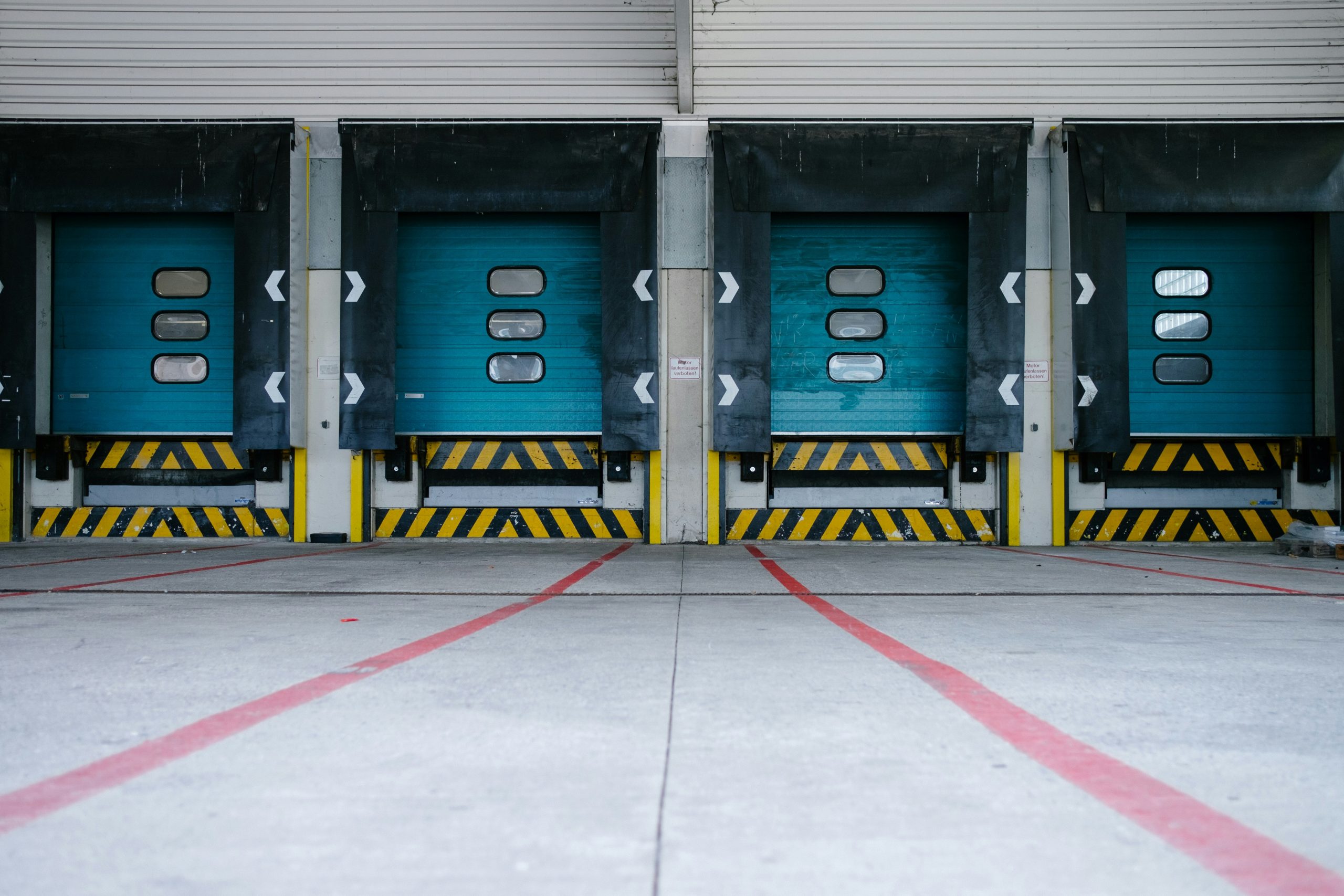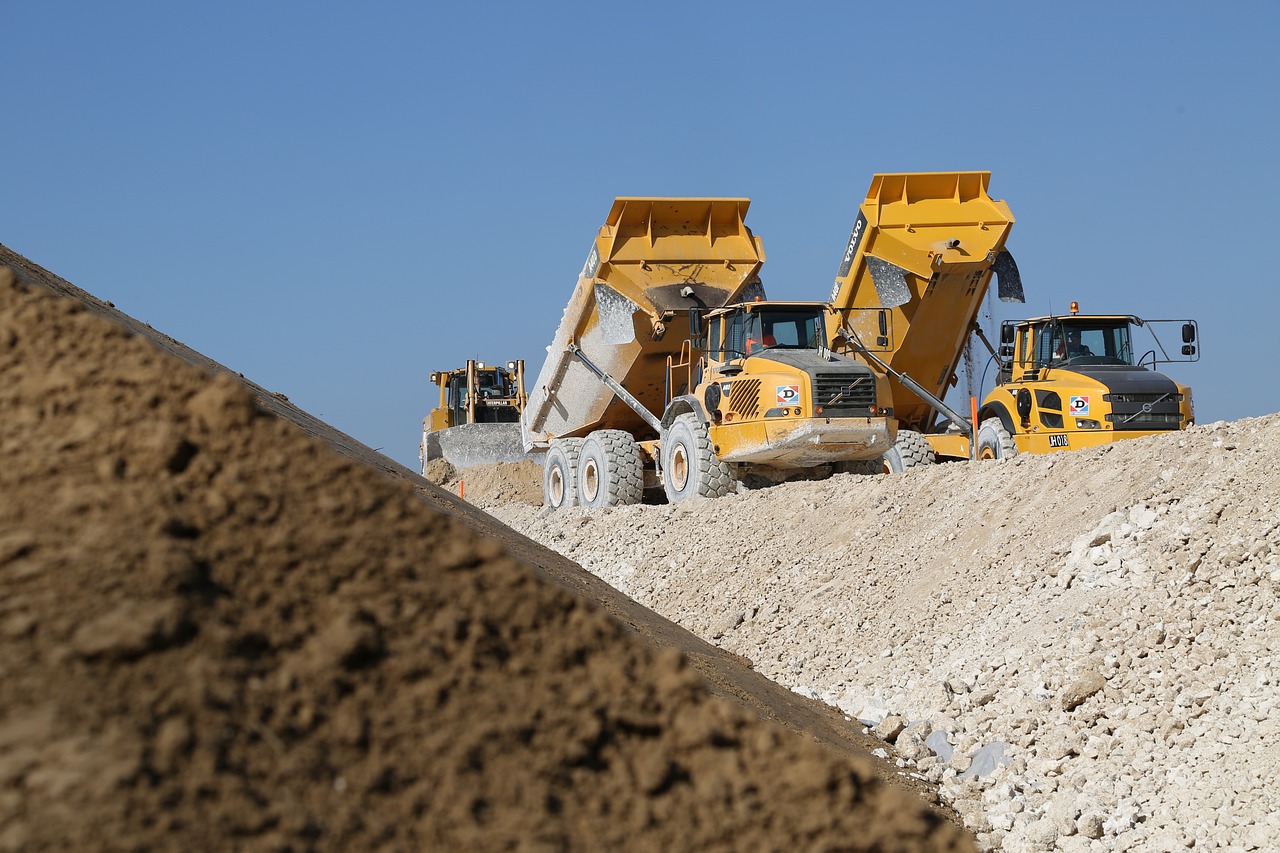Efficient construction logistics
The key to a smooth move-in and operational phase
When a construction project reaches its production phase, it is easy to focus on the immediate task of completing construction. But well-planned and efficient construction logistics during this phase can have a significant positive impact on both occupancy and the subsequent operational phase of the building. Here we explore how strategic construction logistics can create benefits that extend far beyond construction itself.
Improved planning and coordination reduces costs and waste
Efficient construction logistics leads to improved planning and coordination of resources, which is one of its main benefits. With a clear plan and at the same time room for flexibility, deliveries, material handling and workflows can be coordinated more efficiently. This minimizes delays and avoids bottlenecks, increasing the likelihood of the project being completed on time. When tenants or owners can move in as planned, their satisfaction and confidence in the general contractor increases.
In addition, efficient construction logistics help reduce costs and waste. By carefully planning deliveries and storage of materials, redundancies and the risk of damage and loss can be minimized. This makes the project more cost-effective during the construction phase and allows for faster occupancy with fewer problems during the operational phase. Less waste and better use of resources is also beneficial from an environmental perspective, which is important for many modern construction projects.
Quality control and increased communication
Well-organized construction logistics are crucial for improving both quality control and safety on the construction site. By ensuring that the right materials are in place at the right time, the construction team can work with greater precision and efficiency. This leads to higher construction quality and reduces the need for repairs and maintenance during the operational phase. At the same time, workplace safety is improved, reducing the risk of accidents and work-related injuries. A safer working environment promotes a positive work culture and better performance.
To optimize construction logistics, increased communication and transparency are also crucial. Digital tools and logistics management platforms enable all parties involved – from the construction team to suppliers and end customers – to stay updated on the progress of the project. This transparency builds trust and facilitates a smooth transition from the construction phase to occupancy and operation. When everyone is aware of what is happening and when, they can plan and prepare better, reducing stress and uncertainty.
Future benefits and sustainability
Efficient construction logistics also have long-term benefits that extend into the operational phase of the building. A building that has been constructed with careful logistics and planning is often easier to maintain and operate. In addition, by implementing sustainable logistics solutions, construction projects can reduce their environmental impact both during and after construction. This is not only good for the environment, but can also bring economic benefits through reduced operating costs and the possibility of obtaining environmental certifications.
Conclusion
Construction logistics during the production phase is a critical factor that affects the entire life cycle of a construction project. By investing in and focusing on efficient logistics, construction projects can improve schedules, reduce costs, ensure high quality and create a safe and secure working environment. These benefits lead not only to a smooth move-in, but also to an efficient and sustainable operational phase, which in turn creates long-term value for all parties involved.
Thank you for taking the time to read about how efficient construction logistics can be the key to a smooth move-in and operational phase. We hope this article provided you with insights and inspiration to optimize your future construction projects. If you have any questions or would like to discuss the topic further, don’t hesitate to get in touch!





